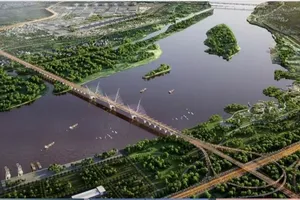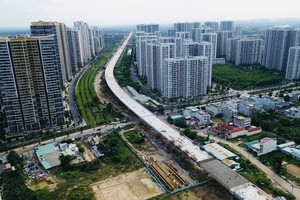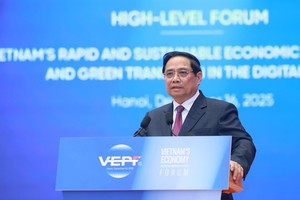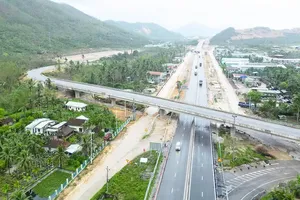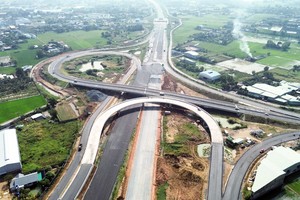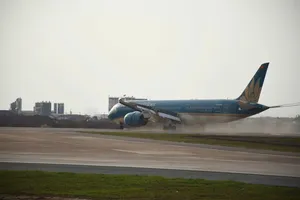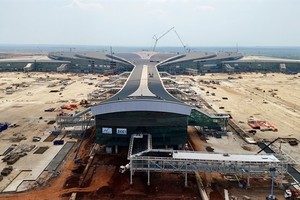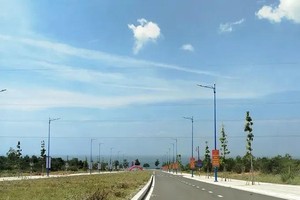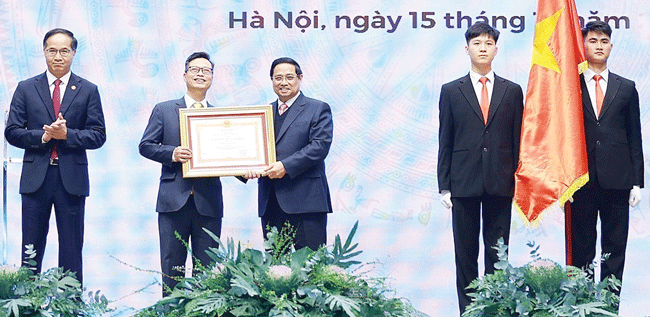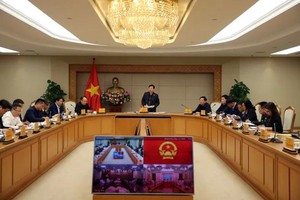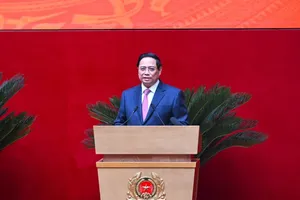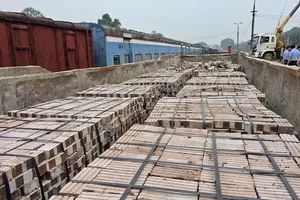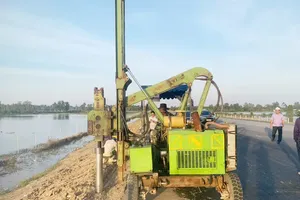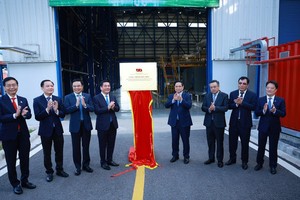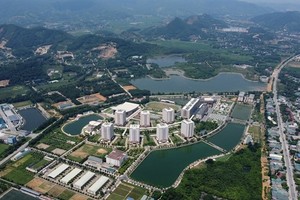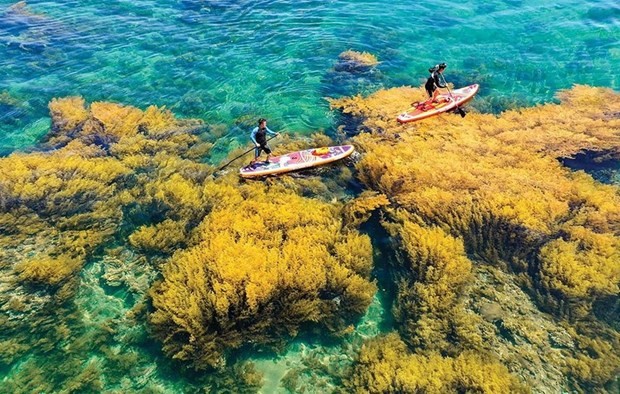 |
Vietnam boasts a coastline of 3,260km, with nearly 400 beaches and over 3,000 islands (Photo: tinnhanhchungkhoan.vn) |
Vietnam boasts a coastline of 3,260km, with nearly 400 beaches and over 3,000 islands, stretching from the North to the South. Many of them have gained international titles. For example, Ha Long Bay in the northern province of Quang Ninh is among the seven New Wonders of the World. My Khe Beach in the central city of Da Nang has been named among the 10 best beaches in Asia, as voted on by readers of renowned travel website TripAdvisor.
Meanwhile, US-based Time Magazine voted Phu Quoc as one of the top 100 most amazing islands in the world in 2021. In November 2022, surpassing six world-famous islands, Phu Quoc was honoured by the World Travel Awards as "The island with the world's top captivating natural beauty”.
Pham Hong Long, head of the Faculty of Tourism Studies of the University of Social Sciences and Humanities (Vietnam National University, Hanoi), said it is not by chance that Vietnam's Tourism Development Strategy to 2025, with a vision to 2030, orientates that sea and island tourism is one of the four main types of Vietnam's tourism.
Meanwhile, the Strategy for Sustainable Development of Vietnam's Sea-based Economy to 2030, with a vision to 2045, defines that tourism and marine services are the top priority in six breakthroughs of the marine economy by 2030. Therefore, it is a ‘gold mine’ of the green economy, said Long, stressing the need for more attention from the State to help it develop further.
However, by now, Vietnam has exploited only 20% of the beaches across the nation, mostly renowned ones such as Ha Long Bay, Sam Son, Cua Lo, Lang Co, Da Nang, Nha Trang, Mui Ne, and Phu Quoc.This makes these beaches overloaded in the peak season, leading to many consequences in terms of business culture, environmental degradation, conflicts over the use of marine resources, and price inflation.
In addition, human resources in the post-pandemic period are few in quantity and weak in skills. In particular, Vietnam does not have high-class products that help increase revenue and boost sustainable development. Pham Ha, CEO and Founder of Lux Group - Asia’s leading luxury travel and tourism company, stated that current policies have not really created favourable conditions for investors to develop tourism services at sea and islands.
According to him, when investing in operating Emperor Cruise in Nha Trang, it took his company a lot of time and money to get 18 types of licenses from many different management agencies. Applying for licenses to invest in yachts in Phu Quoc is also facing similar difficulties, he added. Therefore, he stressed the need to have a strategy and plan to exploit sea and island tourism more harmoniously and sustainably.
